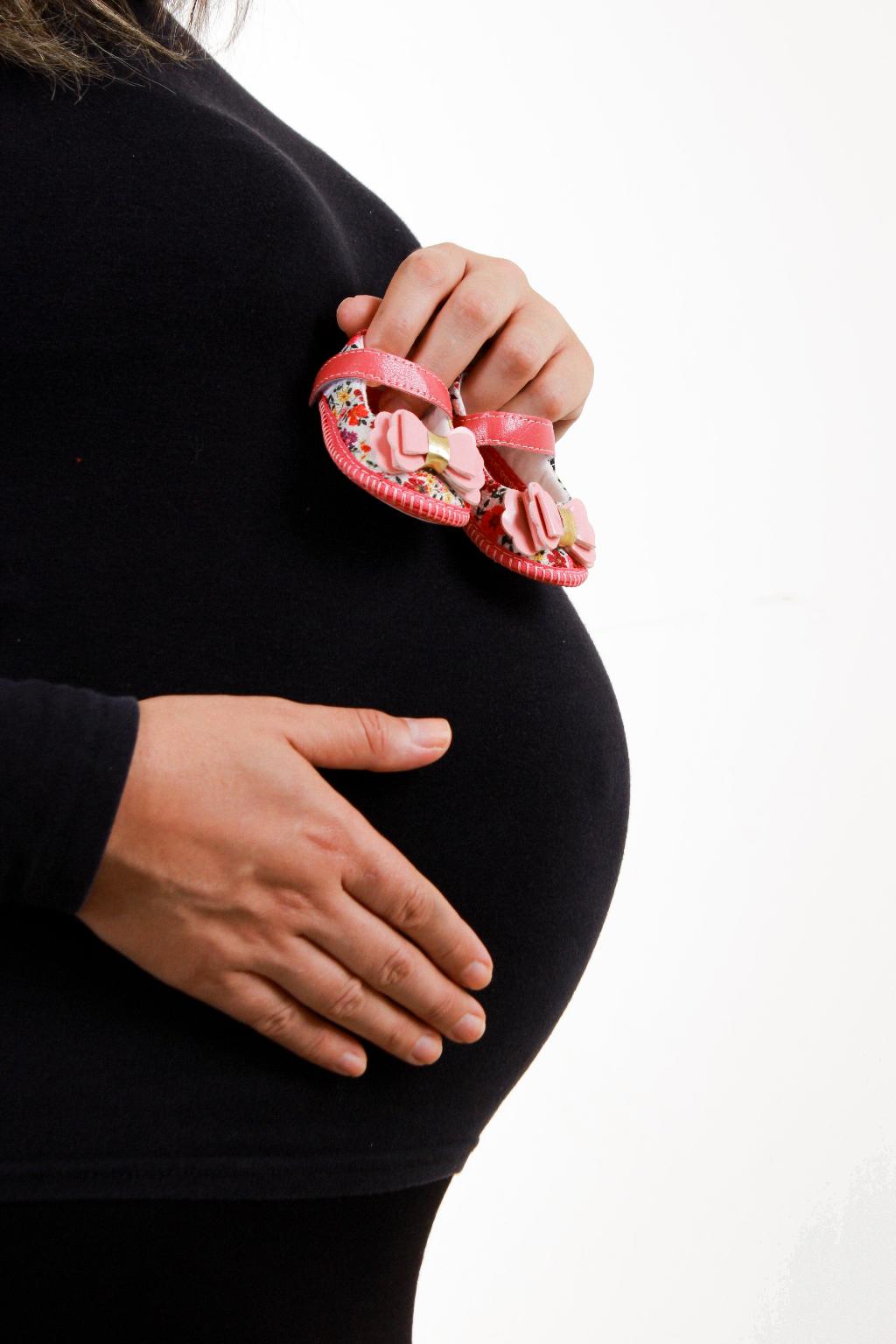Many women often wonder about the impact of pregnancy on their kidneys. It is a known fact that pregnancy can place a significant strain on various organs in the body, including the kidneys. Research indicates that women with pre-existing kidney issues may be at greater risk of experiencing a decline in renal function during pregnancy.
Small-scale retrospective studies have suggested that women who already have compromised kidney function before pregnancy are more likely to experience a further deterioration in renal health during the gestational period. Factors such as pre-existing proteinuria and hypertension can further exacerbate this risk.
When a woman becomes pregnant, her body undergoes numerous physiological changes to support the developing fetus. The increase in blood volume and metabolic demands can lead to additional stress on the kidneys, as these organs work harder to filter waste products and maintain fluid balance in the body.
Furthermore, the hormonal changes that occur during pregnancy can also impact kidney function. Hormones such as progesterone and relaxin can cause relaxation of the smooth muscles in the urinary tract, potentially leading to issues like urinary retention or reflux, which may affect kidney function.
It is essential for pregnant women with pre-existing kidney conditions to receive specialized medical care and monitoring throughout their pregnancy. Close observation by healthcare providers can help identify any signs of renal impairment early on, allowing for timely interventions to protect both the mother and the developing fetus.
While pregnancy does exert additional strain on the kidneys, the majority of women with healthy kidneys do not experience any long-term negative effects on renal function postpartum. The body is remarkably adept at adapting to the demands of pregnancy and can often compensate for the increased workload placed on the kidneys.
However, women who have a history of kidney disease or other renal issues should be particularly vigilant during pregnancy. Regular check-ups, monitoring of renal function markers, and collaboration with a multidisciplinary healthcare team are crucial in ensuring the best possible outcomes for both mother and baby.
It is important for women to be proactive about their health before, during, and after pregnancy. Prioritizing lifestyle factors such as maintaining a healthy diet, staying hydrated, managing blood pressure, and avoiding harmful substances can all contribute to optimal kidney health during the childbearing years.
Ultimately, while pregnancy can indeed place strain on the kidneys, especially in women with pre-existing renal conditions, with proper medical supervision and self-care practices, the majority of pregnancies progress smoothly without significant adverse effects on kidney function.
Each woman’s experience with pregnancy and its impact on her kidneys can vary, depending on her individual health status and medical history. This underlines the importance of personalized healthcare interventions tailored to meet the specific needs of each expectant mother.
In conclusion, while pregnancy can potentially strain the kidneys, particularly in women with existing renal concerns, with appropriate medical attention and self-care measures, most women can navigate the gestational period with their kidney health intact, paving the way for a healthy pregnancy and childbirth experience.

